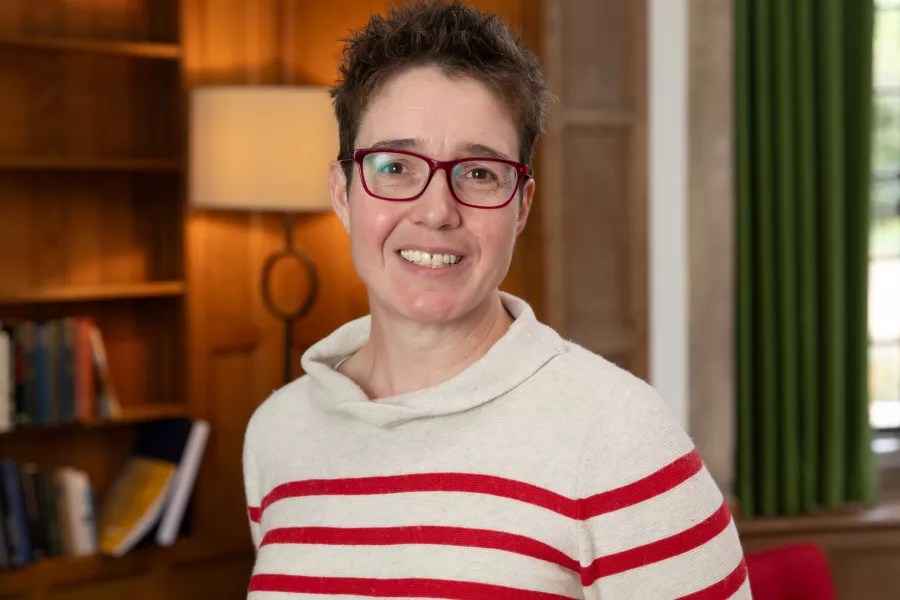Professor Charlotte Deane from the Department of Statistics will help shape the UK government's new AI for Science strategy as one of five experts appointed to advise on the initiative.
The strategy, due for publication in autumn 2025, aims to accelerate scientific discovery through AI and explore commercial opportunities across research sectors. It will be supported by £500 million through the government's Sovereign AI Unit.
‘AI will completely change the way research is done, from the way we ask questions to the questions we can ask,’ said Professor Deane. ‘It has the power to transform so many areas across science and innovation, and we need to ensure that the UK is at the forefront of this change.’
Professor Deane brings dual expertise to the panel as Executive Chair of the Engineering and Physical Sciences Research Council and leader of the Oxford Protein Informatics Group. Her research group of over 30 people uses statistics, AI and computation to generate biological and medical insights, working on immunoinformatics, protein structure and drug discovery.
During the COVID-19 pandemic, Professor Deane served on the government's Scientific Advisory Group for Emergencies and directed UK Research and Innovation's pandemic response, demonstrating her experience bridging academic research and government science policy.
The appointment positions Oxford prominently in the government's AI strategy, with Professor Alison Noble from the Department of Engineering Science also serving on the panel alongside representatives from Microsoft Research, Google DeepMind and the Advanced Research and Invention Agency.
The AI for Science strategy will examine ways to boost AI adoption across research sectors and explore new commercial opportunities created by AI applications.
The expert group's work aligns with a major expansion of UK computing infrastructure. The government's £1 billion Compute Roadmap will expand the AI Research Resource twenty-fold over five years, connecting supercomputers in Bristol and Cambridge to support research priorities.


